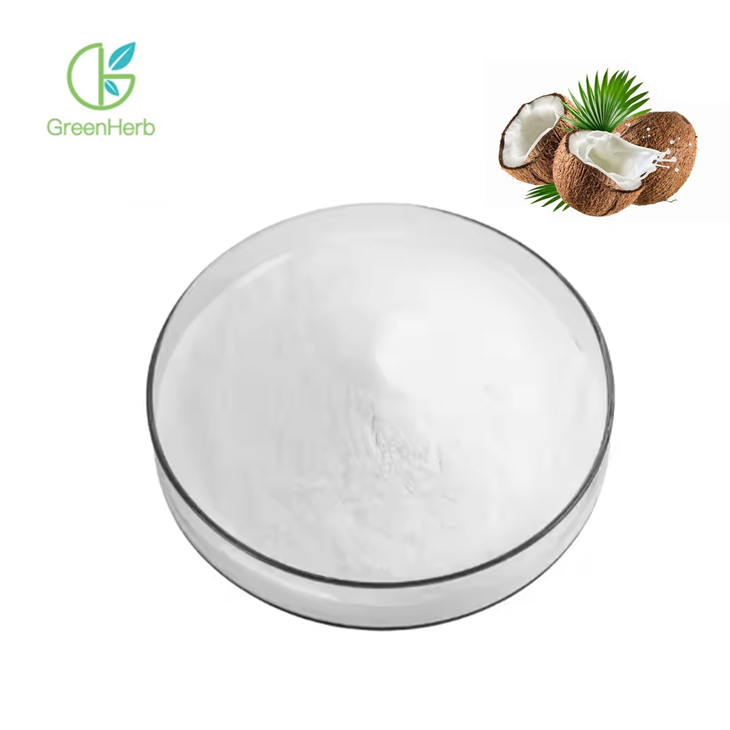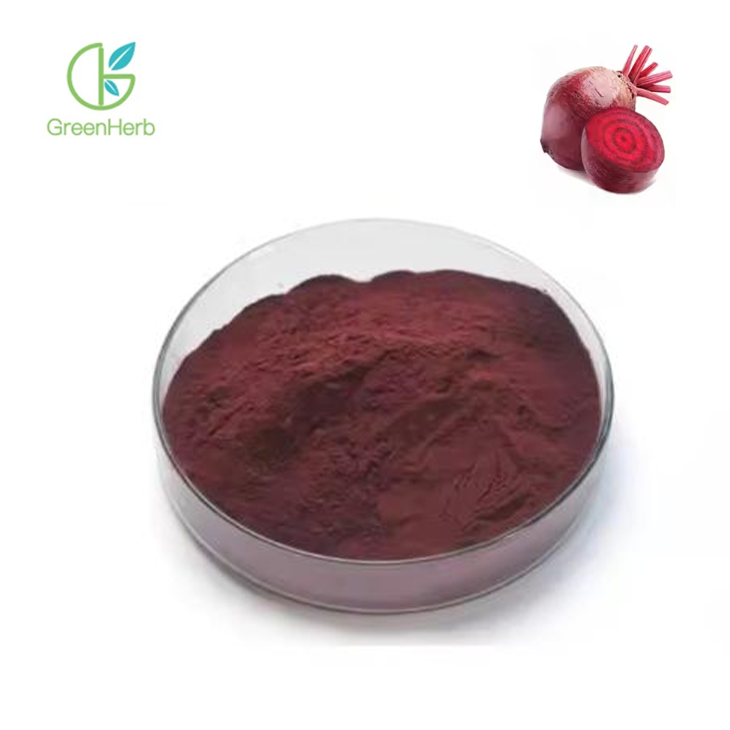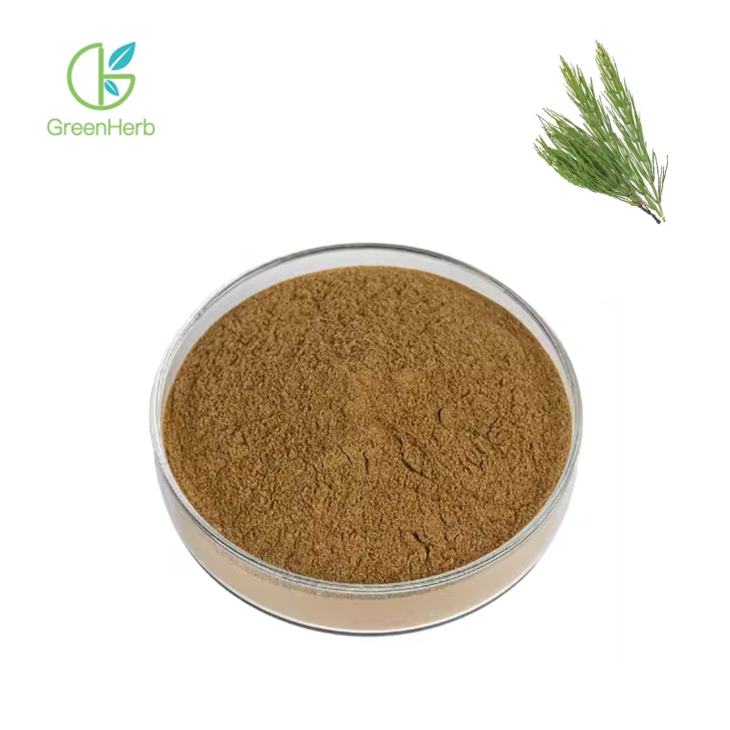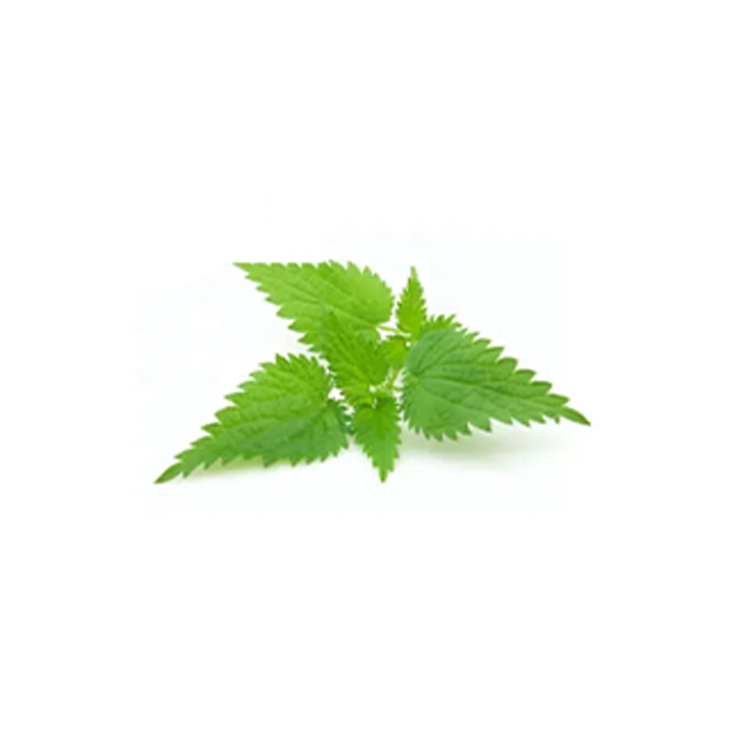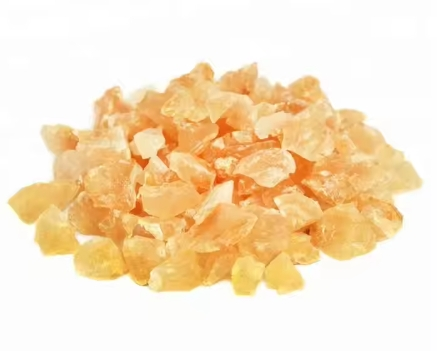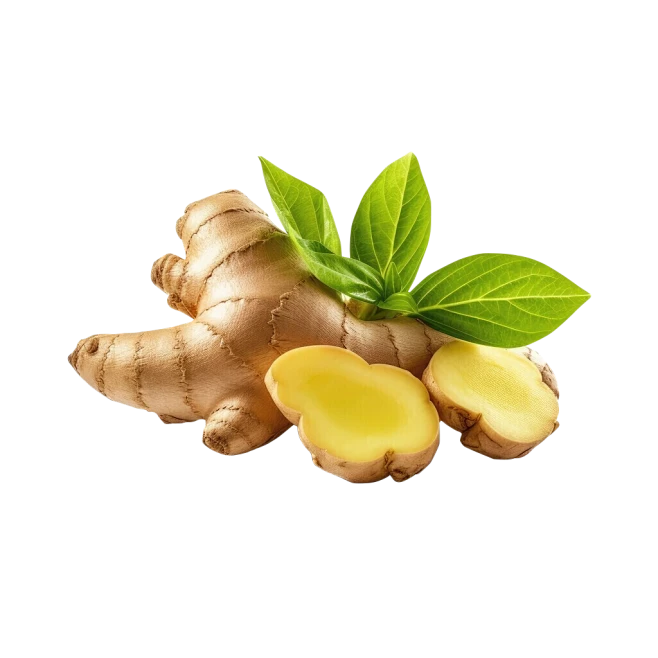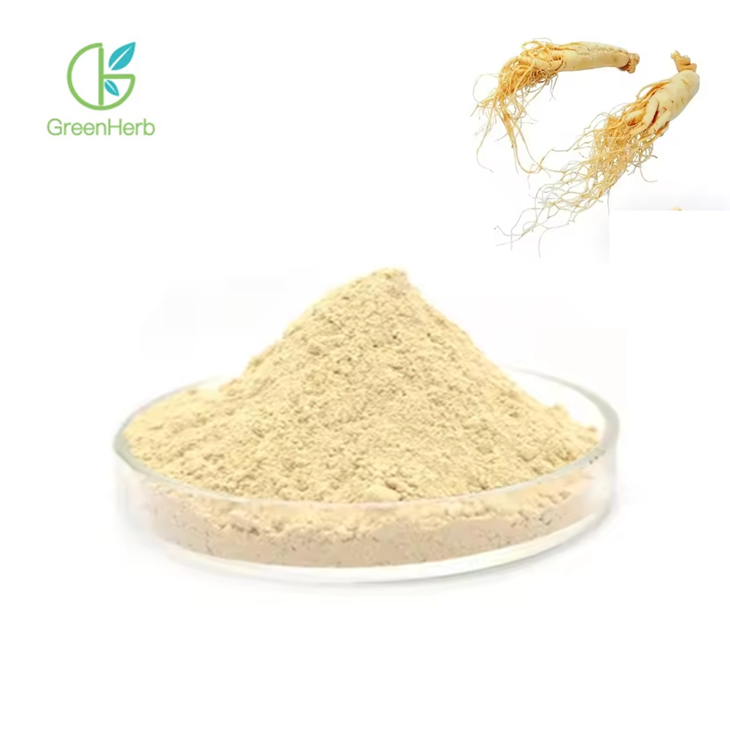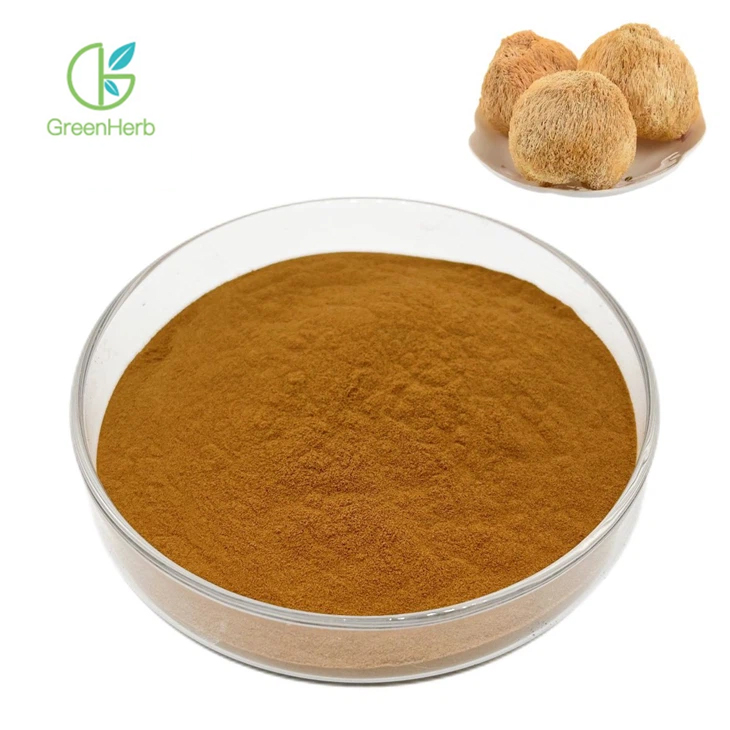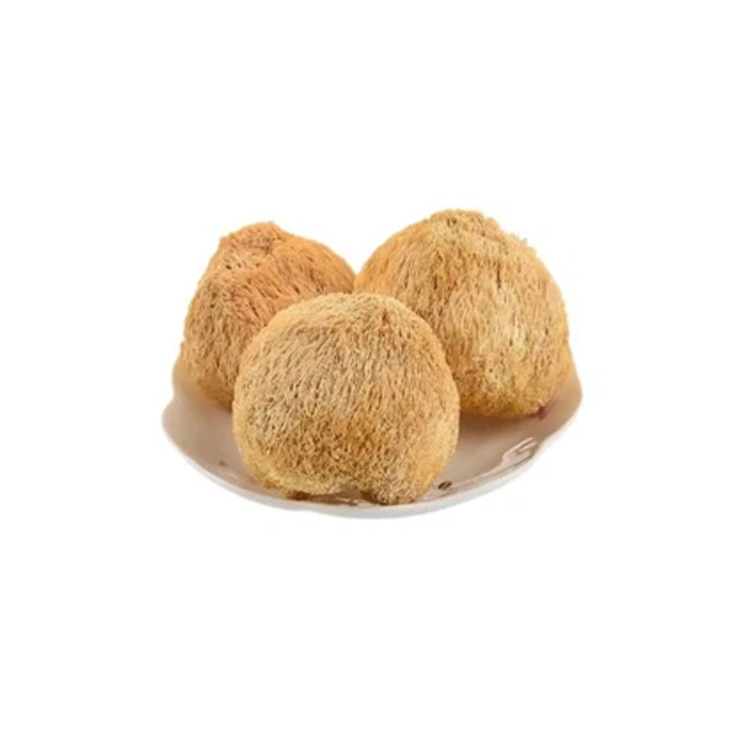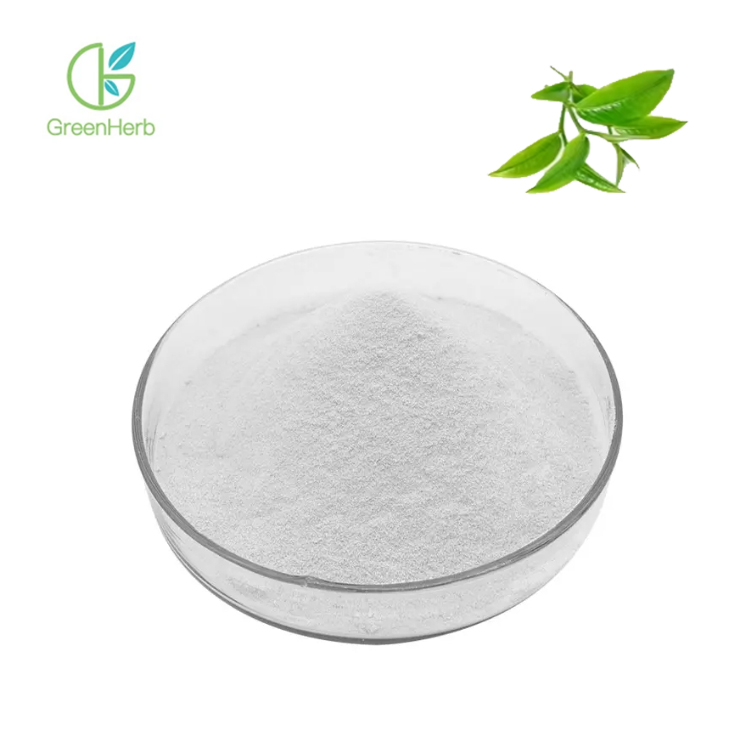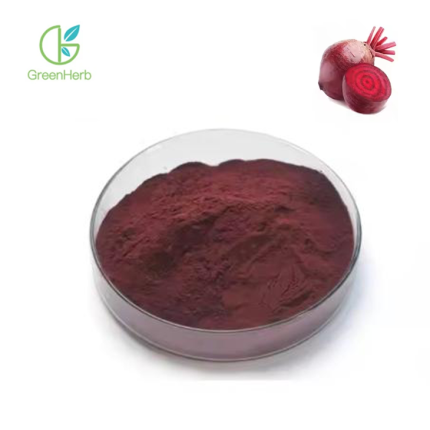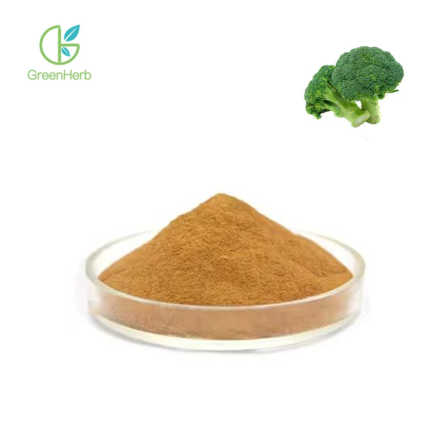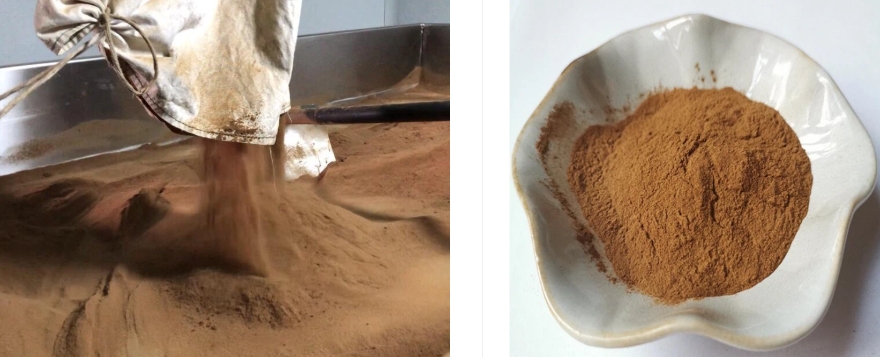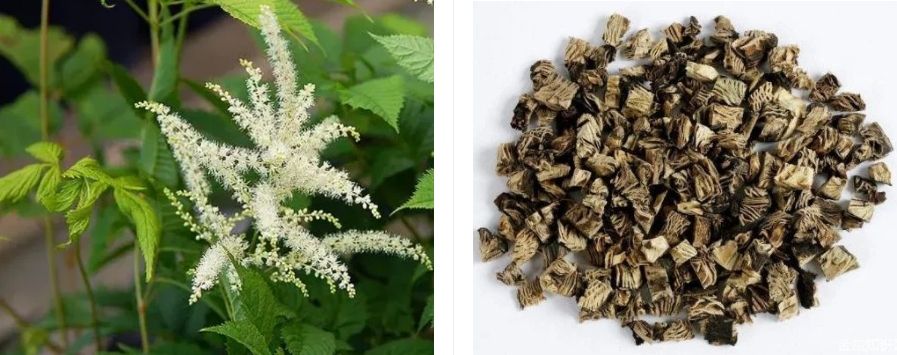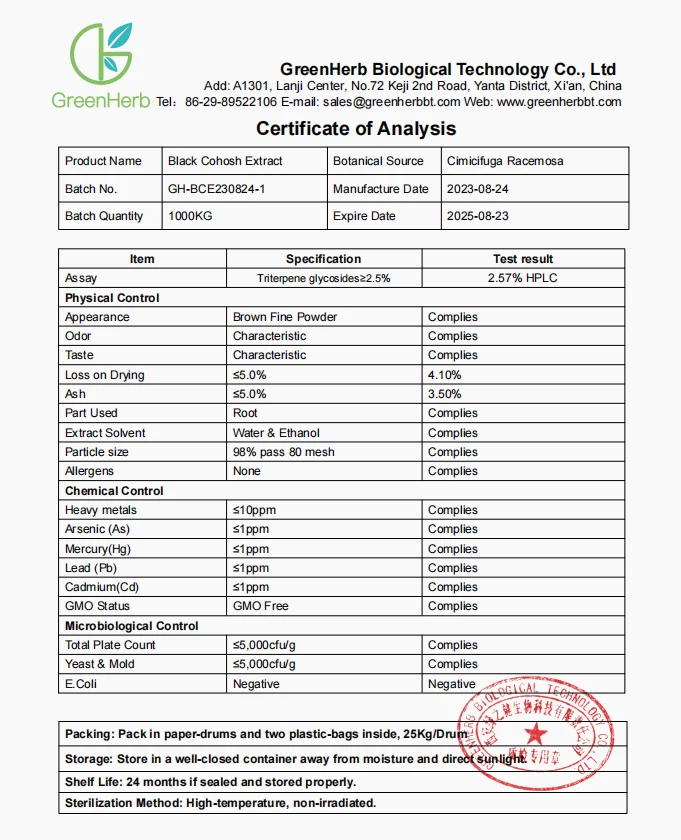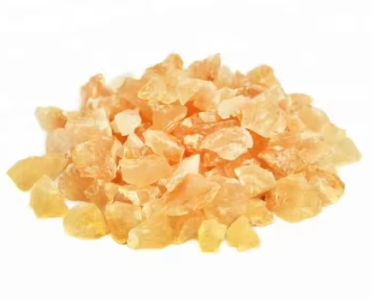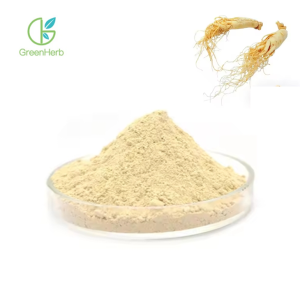Menopausal Syndrome and Black Cohosh
In the 1980s and 1990s, numerous studies were conducted to assess the long-term effectiveness of black cohosh in treating menopausal symptoms. For example, a study involving 629 women found that black cohosh improved both physical and psychological menopause symptoms in over 80% of participants within just four weeks.
In another study, 60 menopausal women were treated with black cohosh extract, conjugated estrogen, or diazepam (a major anti-anxiety medication) for three months. The women who took black cohosh reported significantly fewer symptoms of depression and anxiety compared to those using estrogen or diazepam.
Additionally, in a 12-week study with 80 menopausal women, black cohosh extract was combined with either estrogen or a placebo. The results showed that black cohosh improved mood, anxiety, and vaginal symptoms, and reduced the frequency of hot flashes. While the estrogen group saw a decrease from five hot flashes per day to 3.5, the black cohosh group experienced a dramatic reduction from five to less than one per day.
These findings, along with others, have led some experts to suggest that black cohosh could serve as a safe and effective alternative to estrogen replacement therapy (ERT), especially for women who cannot or prefer not to undergo ERT.
Black cohosh is also commonly used by breast cancer patients to alleviate hot flashes, a frequent side effect of medications like tamoxifen. Although there has been some debate regarding its content of phytoestrogens and the potential for stimulating breast tumor growth, there is no conclusive scientific evidence to support this concern. In fact, some studies have suggested that black cohosh may even inhibit the growth of breast cancer cells in laboratory settings. However, further research is needed to fully evaluate its safety and effectiveness for women with a history of breast cancer or those at higher risk, such as those with a family history of the disease.

 Protein Powder22 个产品
Protein Powder22 个产品 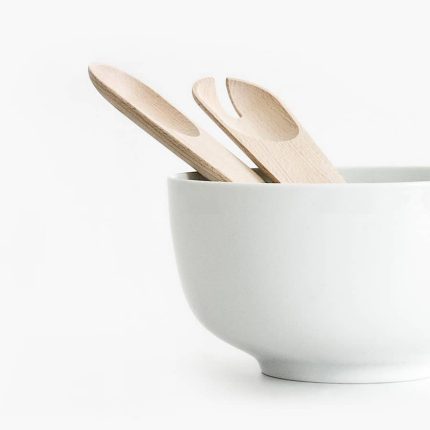 Freeze Dried Powder00 个产品
Freeze Dried Powder00 个产品  Fruit & Vegetable Juice Powder55 个产品
Fruit & Vegetable Juice Powder55 个产品  Amino Acid00 个产品
Amino Acid00 个产品  Ratio Extract Powder33 个产品
Ratio Extract Powder33 个产品  Red Clover Extract00 个产品
Red Clover Extract00 个产品  Standard Herb Extract1616 个产品
Standard Herb Extract1616 个产品  Natural Colourings00 个产品
Natural Colourings00 个产品  Active Ingredients Monomer11 个产品
Active Ingredients Monomer11 个产品 







